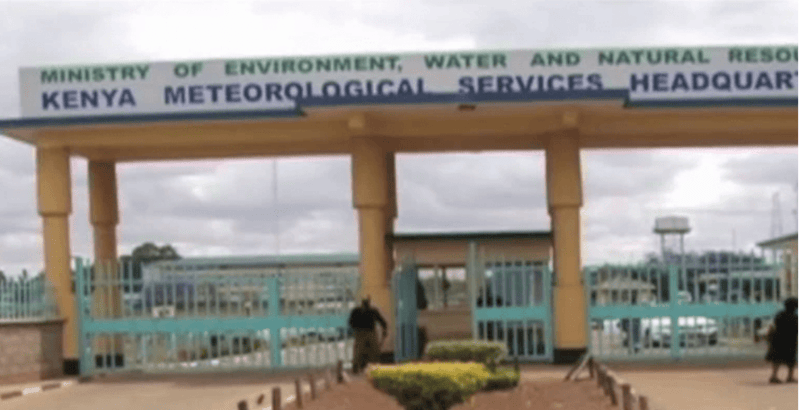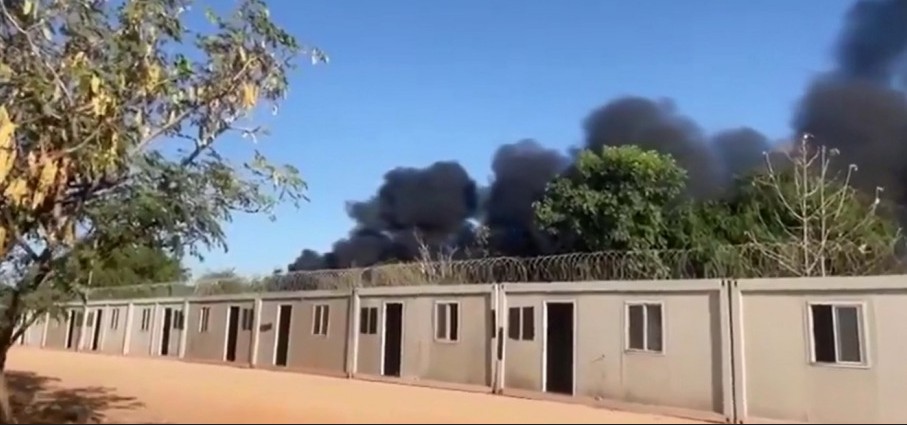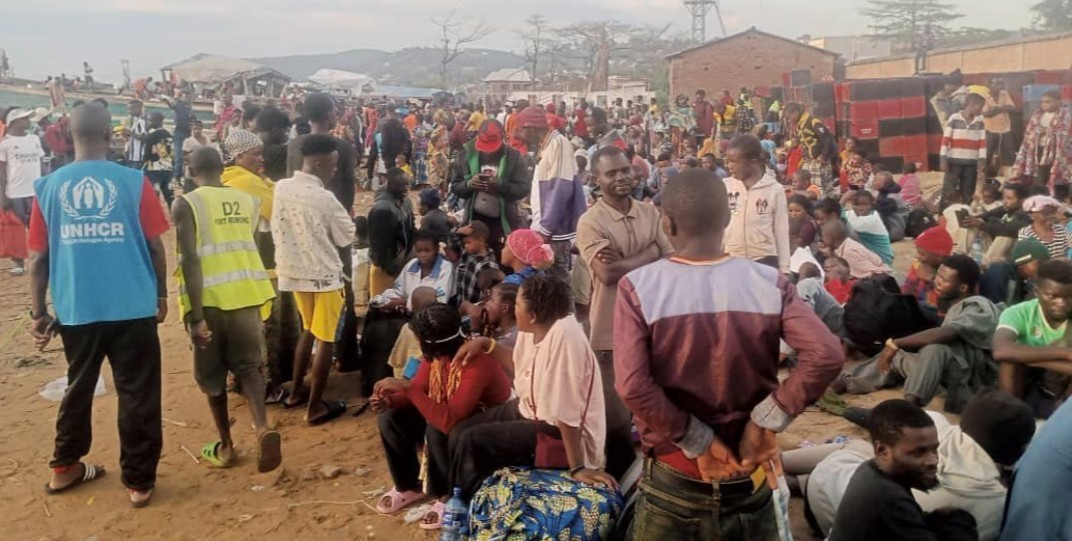Brace for minimal rainfall, hot and dry January -Met

The anticipated dry conditions are compounded by La Niña, which has historically led to droughts in East Africa.
The Kenya Meteorological Department said Kenya is likely to experience minimal rainfall for the remainder of the year, followed by a hot and dry January.
This forecast coincides with a new United Nations report identifying Kenya as one of the countries expected to face severe hunger early next year.
More To Read
- Malaria surge unlikely in western Kenya this season, early-warning report finds
- Kenya Met forecasts intermittent showers, cold nights over next five days
- Met Department forecasts wet, sunny conditions across Kenya in next five days
- KEMRI, Health Ministry warn of potential malaria outbreak in Kakamega
- More rain, possible flooding expected across Kenya this week- Met
- Five-day forecast predicts intense rainfall across the country
David Gikungu, director of the Meteorological Department, attributed the delayed rains to a negative Indian Ocean Dipole, a phenomenon characterised by cooler waters in the Indian Ocean near East Africa, which leads to drier conditions in the region.
"The delayed onset is as a result of the negative Indian Ocean Dipole that has been developing over the past few weeks," he explained.
Some areas are likely to experience rainfall from next week or during the second week of November, but regions such as the Coast, northeastern Kenya, eastern Kenya, and Mount Kenya will likely see below-average precipitation.
Gikungu noted that only the northern parts of Turkana County are expected to receive near-average rainfall. Overall, temperatures across the country are projected to be warmer than usual.
The anticipated dry conditions are compounded by La Niña, which has historically led to droughts in East Africa.
Gikungu warned that these weather patterns could adversely affect crop production. "Forecasts suggest that weak La Niña conditions may develop from November and persist into early 2025. Both La Niña and a negative IOD typically result in below-average rainfall in Kenya," he said.
However, some areas, including the Lake Victoria basin, highlands west of the Rift Valley, central and southern Rift Valley, and parts of northeastern Kenya, may receive near-average to above-average rainfall.
These regions include counties like Trans Nzoia, West Pokot, Kericho, Bomet, and others.
Five-day forecast
The weather department also released a five-day forecast from October 31 to November 4, 2024, warning people in the Highlands East and West of the Rift Valley, the Lake Victoria Basin, the Rift Valley, the Coast, and North-Eastern Kenya to prepare for moderate to heavy rainfall.
Residents in Siaya, Kisumu, Homa Bay, Migori, Kisii, Nyamira, Trans Nzoia, Baringo, Uasin Gishu, and Elgeyo-Marakwet can expect heavy rain.
The downpour is likely to start in the afternoon and continue into the night in some areas, so locals should be careful as thunderstorms may accompany the rain.
Counties such as Nandi, Nakuru, Narok, Kericho, Bomet, Kakamega, Vihiga, Bungoma, Busia, and West Pokot are also expected to see heavy rain over the next five days.
Other Topics To Read
People in the Highland East counties of Nyandarua, Laikipia, Nyeri, Kirinyaga, Murang'a, Kiambu, Meru, Embu, Tharaka Nithi, and Nairobi should be ready for occasional rainfall as well.
The department advised that the rain will mainly fall in the afternoons.
Coastal counties like Mombasa, Kilifi, Lamu, and Kwale, as well as parts of Tana River County, should prepare for light rain starting in the mid-morning.
The weather department also warned of very cold nights in Nyandarua, Laikipia, Nyeri, Kirinyaga, Murang'a, Kiambu, Meru, Embu, Tharaka, and Nairobi.
Night temperatures in these areas are expected to drop to 6°C in the first three days of the forecast, rising slightly to 7°C after that.
Additionally, residents in Siaya, Kisumu, Homa Bay, Migori, Kisii, Nyamira, Trans Nzoia, Baringo, Uasin Gishu, Elgeyo-Marakwet, Nandi, Nakuru, Narok, Kericho, Bomet, Kakamega, Vihiga, Bungoma, Busia, and West Pokot should prepare for daytime temperatures reaching up to 33°C.
Other counties like Marsabit, Mandera, Wajir, Garissa, Isiolo, Mombasa, Tana River, Kilifi, Lamu, and Kwale are also expected to experience hot days.
Top Stories Today












































